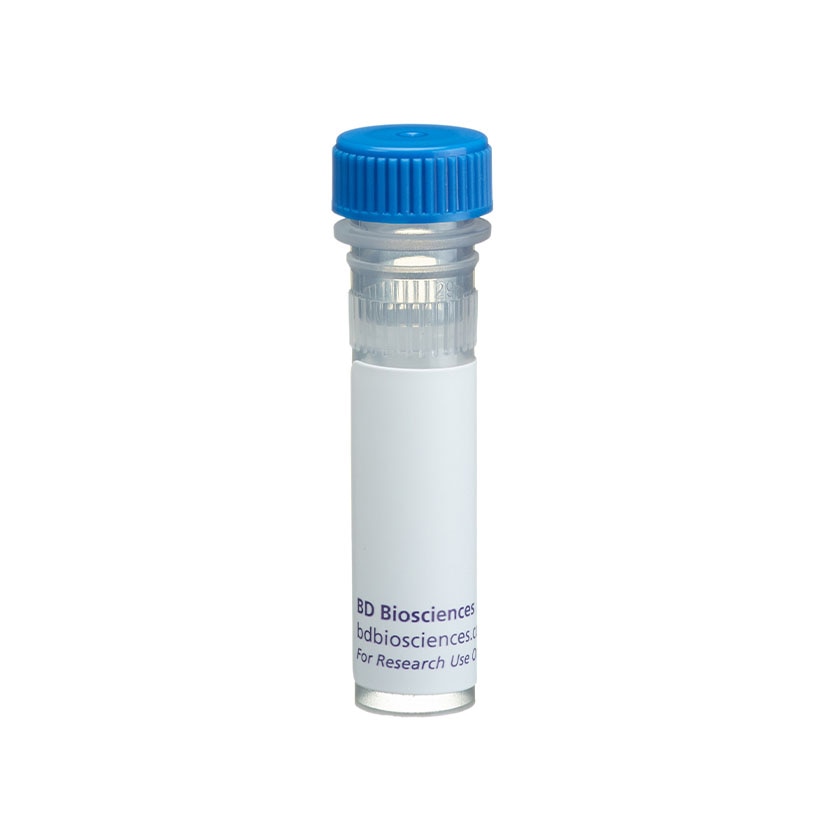-
Training
- Flow Cytometry Basic Training
-
Product-Based Training
- BD FACSDiscover™ S8 Cell Sorter Product Training
- Accuri C6 Plus Product-Based Training
- FACSAria Product Based Training
- FACSCanto Product-Based Training
- FACSLyric Product-Based Training
- FACSMelody Product-Based Training
- FACSymphony Product-Based Training
- HTS Product-Based Training
- LSRFortessa Product-Based Training
- Advanced Training
-
- BD FACSDiscover™ S8 Cell Sorter Product Training
- Accuri C6 Plus Product-Based Training
- FACSAria Product Based Training
- FACSCanto Product-Based Training
- FACSLyric Product-Based Training
- FACSMelody Product-Based Training
- FACSymphony Product-Based Training
- HTS Product-Based Training
- LSRFortessa Product-Based Training
- United States (English)
-
Change country/language
Old Browser
This page has been recently translated and is available in French now.
Looks like you're visiting us from {countryName}.
Would you like to stay on the current country site or be switched to your country?




Western blot analysis of δ-Catenin on rat brain lysate. Lane 1: 1:250, lane 2: 1:500, lane 3: 1:1000 dilution of δ-Catenin.


BD Transduction Laboratories™ Purified Mouse Anti-δ-Catenin

Regulatory Status Legend
Any use of products other than the permitted use without the express written authorization of Becton, Dickinson and Company is strictly prohibited.
Preparation And Storage
Product Notices
- Since applications vary, each investigator should titrate the reagent to obtain optimal results.
- Please refer to www.bdbiosciences.com/us/s/resources for technical protocols.
- Caution: Sodium azide yields highly toxic hydrazoic acid under acidic conditions. Dilute azide compounds in running water before discarding to avoid accumulation of potentially explosive deposits in plumbing.
- Source of all serum proteins is from USDA inspected abattoirs located in the United States.
The catenins (α, β, γ, δ, p120[ctn]) are cytoplasmic proteins that are related to the Drosophila Armadillo protein. Catenins may have dual roles since they are components of cell-cell adherens junctions and can translocate to the nucleus after stimulation of the Wingless (Wnt-1 homolog) signaling pathway. α-Catenin has two subtypes: αE-Catenin, which is expressed ubiquitously, and αN-Catenin, which is expressed in the nervous system. β-Catenin binds to the cytoplasmic tail of E-Cadherin at adherens junctions and has been implicated in Wnt-1 signaling. γ-Catenin is associated with desmoglein in desmosomes and is closely related to β-Catenin. p120[ctn] is related to both β- and γ-catenin and is a substrate of tyrosine kinases localized at adherens junctions. δ-catenin was identified by its ability to bind the Alzheimer's disease-related protein, presenilin-1. It is most closely related to p120[ctn] and the desmosomal protein, p0071. It contains 10 Armadillo (Arm) repeats, as compared to the 13 Arm repeats found in β-Catenin. δ-Catenin is expressed at high levels in the developing nervous system, where it may be involved in neuronal progenitor cell migration and dendrite development.
Development References (5)
-
Ho C, Zhou J, Medina M. delta-catenin is a nervous system-specific adherens junction protein which undergoes dynamic relocalization during development. J Comp Neurol. 2000; 420(2):261-276. (Biology). View Reference
-
Izawa I, Nishizawa M, Ohtakara K, Inagaki M. Densin-180 interacts with delta-catenin/neural plakophilin-related armadillo repeat protein at synapses. J Biol Chem. 2002; 277(7):5345-5350. (Clone-specific: Immunofluorescence, Immunoprecipitation, Western blot). View Reference
-
Laura RP, Witt AS, Held HA. The Erbin PDZ domain binds with high affinity and specificity to the carboxyl termini of delta-catenin and ARVCF. J Biol Chem. 2002; 277(15):12906-12914. (Clone-specific: Immunofluorescence, Western blot). View Reference
-
Lu Q, Paredes M, Medina M. delta-catenin, an adhesive junction-associated protein which promotes cell scattering. J Cell Biol. 1999; 144(3):519-532. (Biology). View Reference
-
Zhou J, Liyanage U, Medina M. Presenilin 1 interaction in the brain with a novel member of the Armadillo family. Neuroreport. 1997; 8(8):2085-2090. (Biology). View Reference
Please refer to Support Documents for Quality Certificates
Global - Refer to manufacturer's instructions for use and related User Manuals and Technical data sheets before using this products as described
Comparisons, where applicable, are made against older BD Technology, manual methods or are general performance claims. Comparisons are not made against non-BD technologies, unless otherwise noted.
For Research Use Only. Not for use in diagnostic or therapeutic procedures.
Report a Site Issue
This form is intended to help us improve our website experience. For other support, please visit our Contact Us page.
